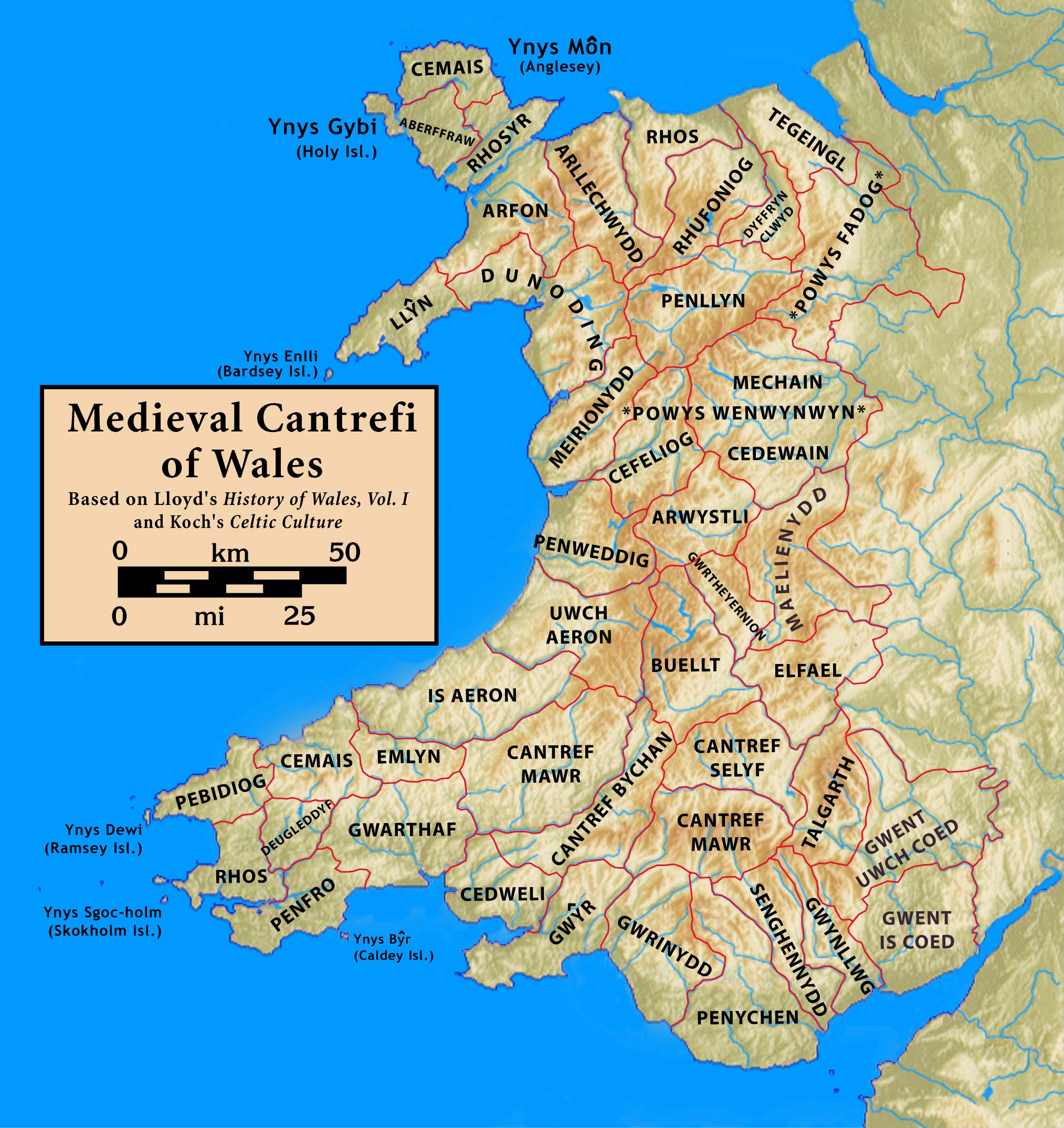|
Pickering Lythe
Pickering Lythe was one of twelve wapentakes within the historical county of the North Riding of Yorkshire, England. It was recognised within the Domesday Book as ''Dic'', an area covering the Vale of Pickering, and swathes of land east towards the North Yorkshire coast. History Originally, the wapentake's name was ''Dic'', which is how it is recorded in the Domesday Book. However, Kirkby Misperton and Sinnington were in ''Maneshou'' (Ryedale Wapentake), and Hackness was in the wapentake of Whitby Strand. Smith suggests that the original name of ''Dic'' means a dyke, the original meeting place of the wapentake. Later, it was changed to Pickering Lythe, with the meeting place being a slope near to Pickering (though the exact site is lost); Lythe having the same meaning as Lythe on the North Yorkshire coast - a slope. Dickering is also thought to be so-named after a dyke, and the old wapentake of Dickering bordered Pickering Lythe to the south. The name wapentake derives fro ... [...More Info...] [...Related Items...] OR: [Wikipedia] [Google] [Baidu] |
Wapentake
A hundred is an administrative division that is geographically part of a larger region. It was formerly used in England, Wales, some parts of the United States, Denmark, Sweden, Finland, Norway, and in Cumberland County in the British Colony of New South Wales. It is still used in other places, including in Australia (in South Australia and the Northern Territory). Other terms for the hundred in English and other languages include '' wapentake'', ''herred'' (Danish and Bokmål Norwegian), ''herad'' ( Nynorsk Norwegian), ''härad'' or ''hundare'' (Swedish), ''Harde'' (German), ''hiird'' ( North Frisian), ''kihlakunta'' (Finnish), and ''cantref'' (Welsh). In Ireland, a similar subdivision of counties is referred to as a barony, and a hundred is a subdivision of a particularly large townland (most townlands are not divided into hundreds). Etymology The origin of the division of counties into hundreds is described by the ''Oxford English Dictionary'' (''OED'') as "exceedingly obsc ... [...More Info...] [...Related Items...] OR: [Wikipedia] [Google] [Baidu] |
Hang East
Hang EastSometimes referred to as East Hang. was a Wapentake (Hundred (county division), Hundred), which is an administrative division (or ancient district), in the historic county of the North Riding of Yorkshire. It was one of the smaller wapentakes by area and consisted of nine parishes and two towns; Bedale and Masham. History Hang East and Hang West were originally one wapentake (Hang), and formed part of the Honour of Richmond from the 11th century. Hang was divided into two in the 13th century; this is why Hang East wapentake derives its name from a hill which was no longer in its area. Its name derives from its meeting place of Hang Bank which was halfway between Hutton Hang and the village of Finghall. Hang is believed to derive from the Old English word ''Hangar'' which meant a wooded slope. The place is mentioned in the Domesday Book as ''Hotun''. Hang East was divided up into nine parishes; Bedale, Catterick, North Yorkshire, Catterick, Hornby, Richmondshire, Hor ... [...More Info...] [...Related Items...] OR: [Wikipedia] [Google] [Baidu] |
Aislaby, Scarborough
Aislaby ( ) is a village and civil parish in North Yorkshire, England. It is situated near the town of Whitby on the northern slopes of Eskdale, North Yorkshire, Eskdale just off the A171 road, A171. History The village is mentioned in the Domesday Book as ''Asuluesbi'' in the Hundred of Langbaurgh. It was listed as having 2 ploughlands with 6 acres of meadow and woodland. The Lord in 1066 was named as Uhtred, but had changed to Richard of Sourdeval under the tenancy of Robert, Count of Mortain, Count Robert of Mortain. Lordship descended to the Brus family by the reign of King Henry I of England, Henry I and then Lucy de Thweng via the Rosels family and Nicholas de Meynell. By the early fourteenth century it had passed as a mense lordship to Arnald de Percy. From then on it was held by the Darcy family and the Strangways until 1541 when it became part of the holdings of Lord Dacre until 1685. Like its namesakes near Pickering, North Yorkshire, Pickering and the other to the w ... [...More Info...] [...Related Items...] OR: [Wikipedia] [Google] [Baidu] |


